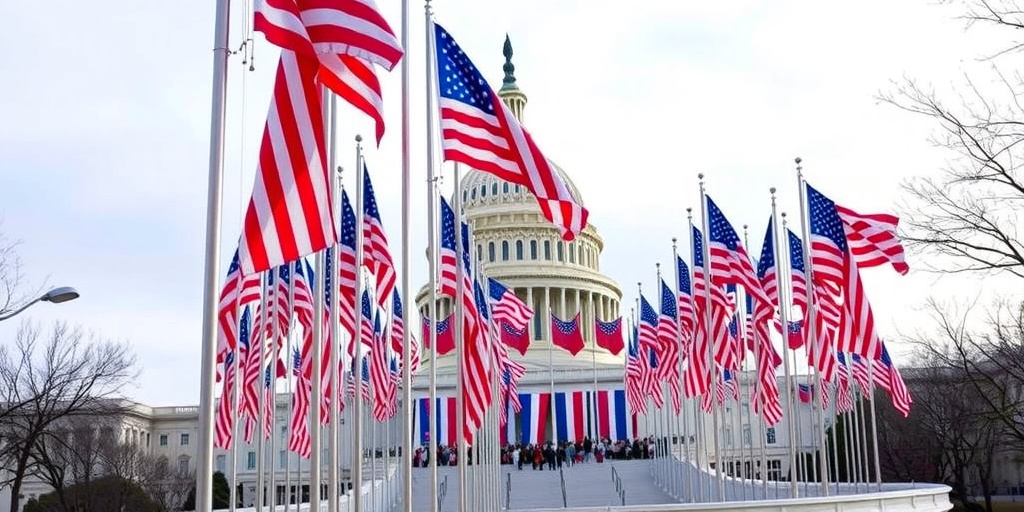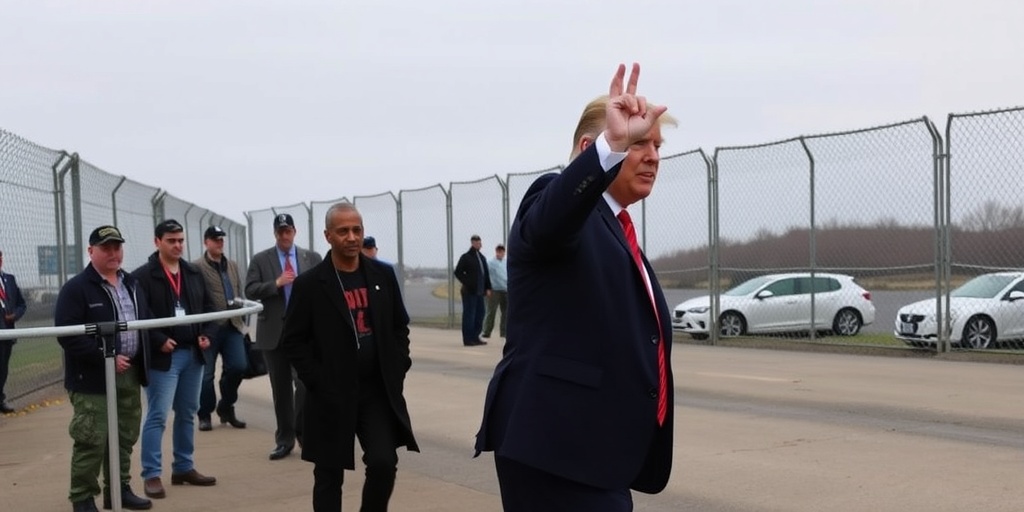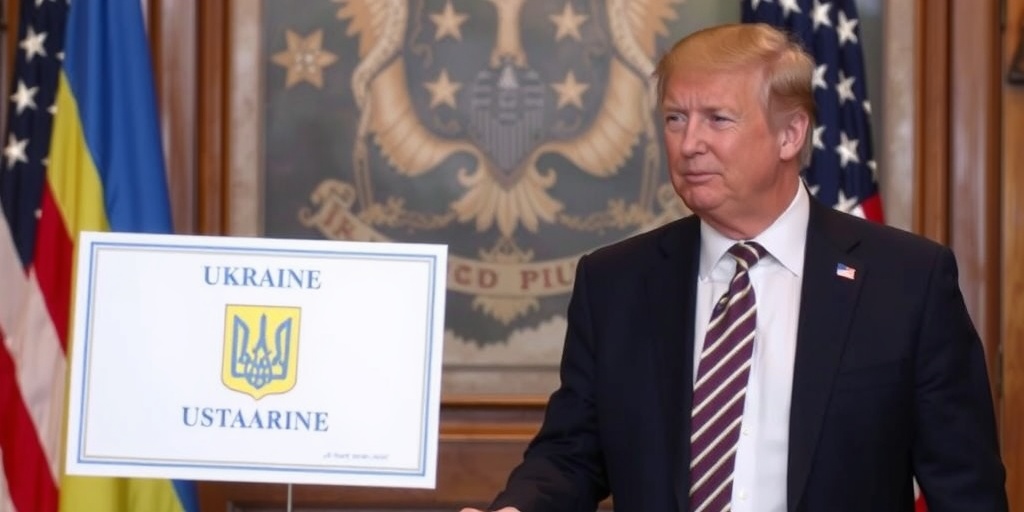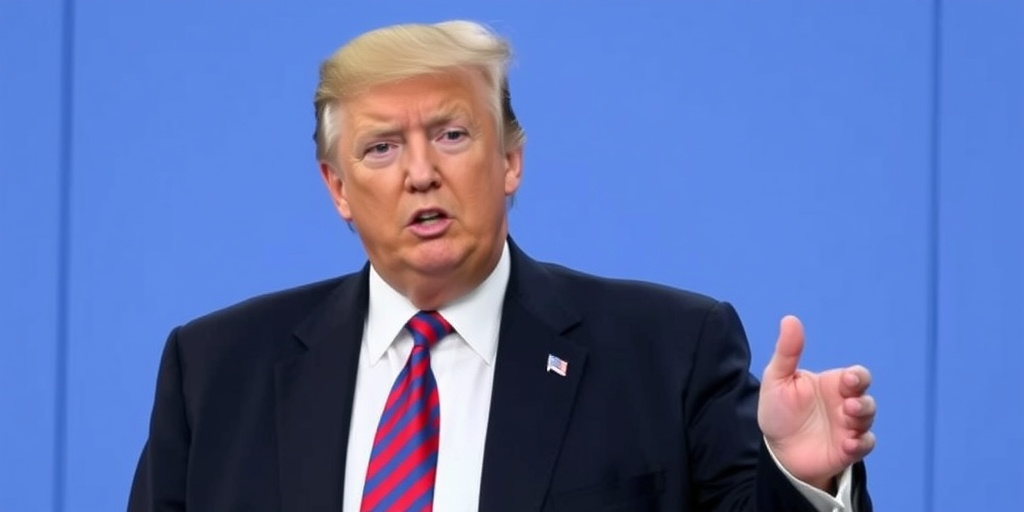Now Reading: Trump Nearing Concessions from More Law Firms
-
01
Trump Nearing Concessions from More Law Firms
Trump Nearing Concessions from More Law Firms
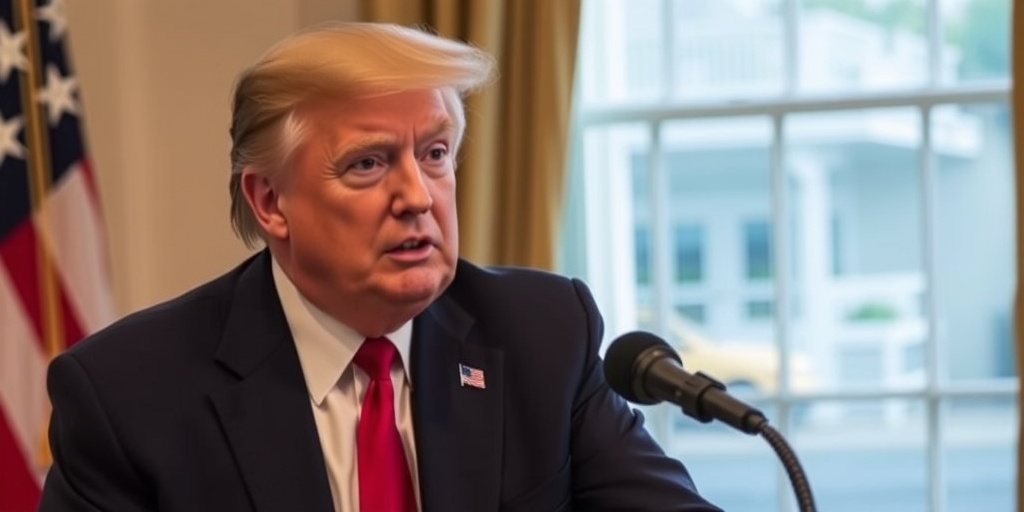
Trump Plans New Legal Deals with Major Law Firms Amid Ongoing Disputes
Former President Donald Trump is preparing to unveil a series of agreements with some of the country’s most prestigious law firms, which would provide legal support for issues he champions. Sources familiar with the negotiations have indicated that Trump plans to announce these arrangements soon, potentially as early as this week.
During a Cabinet meeting on Thursday, Trump mentioned that four or five firms would enter into deals with his administration, with each committing to deliver $125 million worth of legal services on causes aligned with his interests. This commitment not only exceeds the previous pro bono contributions made by law firms under earlier agreements but also signals a significant escalation in Trump’s strategy to assert greater influence over the legal industry.
While the specific names of the firms involved were not disclosed, there have been reports that prominent firms such as Kirkland & Ellis, Latham & Watkins, and Simpson Thacher & Bartlett have been in discussions with Trump’s advisers recently. These firms rank among the top twenty in the industry by revenue and did not respond to requests for comment regarding their potential involvement.
Trump’s renewed focus on striking deals with law firms represents a tactical shift in his approach to managing relationships with the legal community. In the past, he has announced partnerships with firms one at a time, often stirring backlash from the legal profession. However, he is expected to present multiple agreements in a unified announcement, which could be perceived as a collective concession from the legal industry amid his ongoing confrontations with it.
This latest initiative by Trump follows a series of measures that have drawn criticism, including executive orders aimed at punishing law firms that have opposed him politically or contributed to investigations aimed at holding him accountable. Although courts have indicated that these executive orders may be unconstitutional, Trump has pressed on with imposing them on certain firms, while simultaneously negotiating arrangements with others that agree to support his causes, such as combating antisemitism.
Sources indicate that Trump has already secured commitments from several top-tier firms, including Skadden Arps, Paul Weiss, Milbank, and Willkie Farr & Gallagher, which are among the most esteemed names in the legal world. Furthermore, Trump hinted that some of the firms might also be enlisted to assist in negotiating trade agreements, suggesting a misunderstanding about the nature of these arrangements; Trump framed them as firms paying him substantial legal fees rather than providing pro bono work.
Stephen Miller, a senior adviser to Trump, recently claimed that the cumulative financial commitments from various firms have surged to nearly $700 million, potentially nearing the billion-dollar mark soon. This figure reflects the growing number of pro bono commitments directed at various social issues, including veterans’ support and initiatives against antisemitism.
Despite the pressure to comply with Trump’s demands, many law firms find themselves in a precarious position. If they choose not to engage with Trump and his advisers, there are implications that they could face punitive executive orders that might threaten their ability to represent government contractors and access federal facilities. For instance, the firm Cadwalader, Wickersham & Taft has been approached under these circumstances, although they have yet to finalize a deal.
The ramifications of these agreements extend beyond financial concerns; firms that acquiesce to Trump’s demands may find themselves politically tethered to him for the duration of his term. The internal backlash within these organizations has also been significant, as several associate attorneys have chosen to resign in protest, alongside other notable departures, such as the longest-serving lawyer at Willkie.
While some firms have opted to comply with Trump’s requests, others, including Perkins Coie, Jenner & Block, and WilmerHale, have decided to contest the executive orders they deem unconstitutional. Early court rulings indicate a favorable position for these firms, temporarily halting many of the imposed restrictions.
The Justice Department has intensified its legal stance, asserting that firms pursuing diversity, equity, and inclusion policies are engaging in discrimination. In a recent public statement, Attorney General Pam Bondi criticized judges who have blocked Trump’s measures, suggesting that they are overstepping the boundaries of executive authority.
In response to the public backlash against Trump’s orders, firms like Susman Godfrey, which represented Dominion in litigation related to unfounded allegations of voting irregularities, have also publicly vowed to fight back against the executive orders impacting their operations.
As Trump moves forward with his plans, the legal and political landscapes are poised for further upheaval, highlighting the ongoing tensions between the former president and the legal industry. The outcomes of these negotiations may shape not only the future of these law firms but also the broader implications for legal representation and corporate accountability in the coming years.
Stay Informed With the Latest & Most Important News
Previous Post
Next Post
-
 01New technology breakthrough has everyone talking right now
01New technology breakthrough has everyone talking right now -
 02Unbelievable life hack everyone needs to try today
02Unbelievable life hack everyone needs to try today -
 03Fascinating discovery found buried deep beneath the ocean
03Fascinating discovery found buried deep beneath the ocean -
 04Man invents genius device that solves everyday problems
04Man invents genius device that solves everyday problems -
 05Shocking discovery that changes what we know forever
05Shocking discovery that changes what we know forever -
 06Internet goes wild over celebrity’s unexpected fashion choice
06Internet goes wild over celebrity’s unexpected fashion choice -
 07Rare animal sighting stuns scientists and wildlife lovers
07Rare animal sighting stuns scientists and wildlife lovers














